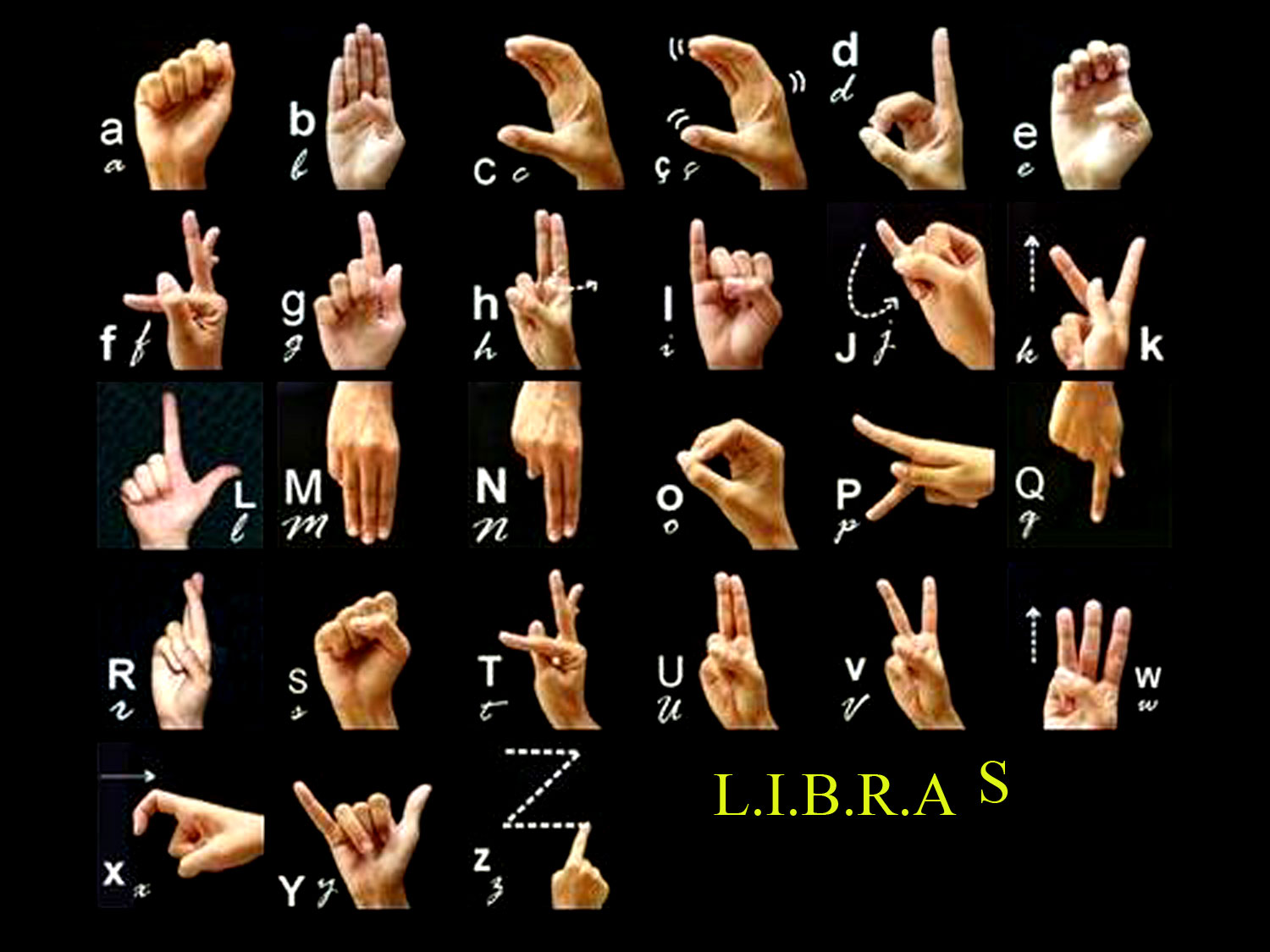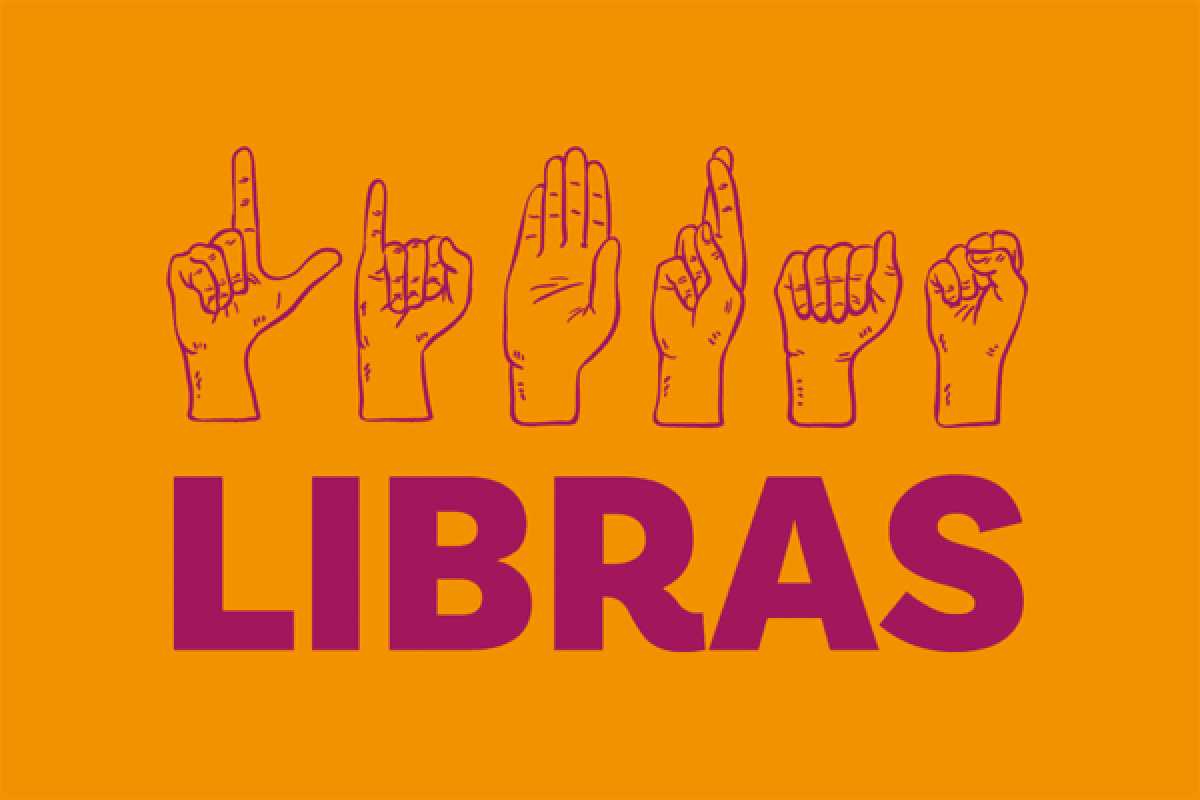What are libras? Libras are units of currency used in several countries, including Egypt, Lebanon, and Syria. They are typically denoted by the symbol "".
The word "libra" is derived from the Latin word for "pound". In the past, a pound was a unit of weight, and it was often used to measure the value of currencies. Over time, the pound became a unit of currency in its own right, and the libra was adopted as a unit of currency in several countries.
The libra is an important unit of currency in several countries. It is used to purchase goods and services, and it is also used as a store of value. The libra is also a popular currency for international trade.
There are a number of different types of libras. The most common type is the Egyptian pound. Other types of libras include the Lebanese pound and the Syrian pound.
Libras
Libras are units of currency used in several countries, including Egypt, Lebanon, and Syria. They are typically denoted by the symbol "".
- Currency: Libras are the official currency of several countries.
- Unit of weight: The word "libra" is derived from the Latin word for "pound".
- Store of value: Libras are used to store value and as a medium of exchange.
- International trade: Libras are a popular currency for international trade.
- Different types: There are a number of different types of libras, including the Egyptian pound, the Lebanese pound, and the Syrian pound.
- Historical significance: Libras have been used as currency for centuries.
Libras are an important part of the global financial system. They are used to facilitate trade and commerce, and they are also used as a store of value. Libras are a symbol of the economic strength of the countries that use them.
Currency
Libras are the official currency of several countries, including Egypt, Lebanon, and Syria. This means that libras are the primary medium of exchange in these countries and are used to purchase goods and services, as well as to store value.
- Economic stability: The use of libras as the official currency helps to promote economic stability in the countries that use them. This is because libras are a stable store of value and can be used to facilitate trade and commerce.
- International trade: Libras are also used for international trade. This is because libras are a widely accepted currency and can be used to purchase goods and services from other countries.
- Cultural significance: Libras are also a symbol of the cultural and economic heritage of the countries that use them. This is because libras have been used as currency in these countries for centuries.
- Government control: The issuance and regulation of libras is typically controlled by the central bank of the country that uses them. This helps to ensure that the value of the currency is stable and that it is not subject to inflation or deflation.
Overall, the use of libras as the official currency of several countries has a number of important implications. Libras promote economic stability, facilitate international trade, and are a symbol of the cultural and economic heritage of the countries that use them.
Unit of weight
The word "libra" is derived from the Latin word for "pound". This is significant because it highlights the historical connection between libras and weight. In the past, a pound was a unit of weight, and it was often used to measure the value of currencies. Over time, the pound became a unit of currency in its own right, and the libra was adopted as a unit of currency in several countries.
- Historical context: The connection between libras and weight provides insight into the historical development of currency. It shows that currencies were originally based on units of weight, and that the libra is a descendant of this tradition.
- Value measurement: The use of weight to measure the value of currencies highlights the importance of stability and reliability in currency systems. A pound of gold or silver has a relatively stable value, and this stability was transferred to the libra when it became a unit of currency.
- International trade: The use of libras as a unit of currency facilitated international trade. This is because libras were a widely accepted currency, and they could be used to purchase goods and services from other countries.
Overall, the connection between libras and weight is a significant one. It provides insight into the historical development of currency, the importance of stability and reliability in currency systems, and the role of libras in international trade.
Store of value
Libras are used to store value because they are a stable and reliable currency. This means that the value of the libra is not subject to sudden or extreme fluctuations. This stability makes libras a good choice for storing wealth over the long term.
For example, if an individual purchases a quantity of libras today, they can be reasonably confident that the value of those libras will not decline significantly in the future. This is because the libra is backed by the full faith and credit of the government that issues it. As a result, libras are a popular choice for individuals and businesses who are looking to store value over the long term.
In addition to being a store of value, libras are also used as a medium of exchange. This means that libras are used to purchase goods and services. This is possible because libras are widely accepted as a form of payment. This acceptance makes libras a convenient and efficient way to purchase goods and services.
Overall, the use of libras as a store of value and as a medium of exchange is an important part of the global financial system. Libras provide a stable and reliable way to store wealth and to purchase goods and services.
International trade
The use of libras in international trade is significant because it highlights the importance of libras as a global currency. Libras are widely accepted as a form of payment, and they are used to purchase goods and services from all over the world. This makes libras a convenient and efficient way to conduct international trade.
For example, if a company in Egypt wants to purchase goods from a company in Lebanon, they can use libras to make the purchase. This is because the Lebanese pound is pegged to the US dollar, which makes it a stable and reliable currency. As a result, the Egyptian company can be confident that the value of the libras they use to make the purchase will not decline significantly.
The use of libras in international trade also benefits the Lebanese economy. This is because it increases the demand for Lebanese pounds, which helps to strengthen the currency. As a result, the Lebanese government can use the increased demand for Lebanese pounds to fund important social and economic programs.
Overall, the use of libras in international trade is a significant development. It highlights the importance of libras as a global currency, and it benefits both the countries that use libras and the countries that trade with them.
Different types
The existence of different types of libras is significant because it highlights the widespread use of libras as a currency. Libras are not only used in one country, but in several countries, each with its own unique history and economic circumstances. This diversity of libras reflects the global reach and importance of libras as a currency.
For example, the Egyptian pound is the official currency of Egypt. It is the oldest currency in Africa and one of the oldest in the world. The Lebanese pound is the official currency of Lebanon. It is pegged to the US dollar, which makes it a stable and reliable currency. The Syrian pound is the official currency of Syria. It has been in use since 1919 and is one of the most widely used currencies in the Middle East.
The different types of libras are all important in their own way. They are a symbol of the economic strength of the countries that use them, and they play a vital role in the global financial system.
Understanding the different types of libras is important for a number of reasons. First, it helps to provide a more comprehensive understanding of the global financial system. Second, it can help businesses to make informed decisions about which type of libra to use in their international transactions. Third, it can help individuals to understand the different types of currencies that are available to them when they travel or invest abroad.
Historical significance
The historical significance of libras lies in their longevity as a currency. Libras have been used as a medium of exchange for centuries, highlighting their stability and reliability. This historical significance has contributed to libras' current value and global acceptance.
For instance, the Egyptian pound, one of the oldest currencies still in use, has been a symbol of Egypt's economic strength for millennia. Its stability and longevity have fostered trust among users and facilitated trade throughout its history.
Understanding the historical significance of libras provides valuable insights. It underscores the importance of currency stability and its impact on economic development. Additionally, it showcases the role of historical context in shaping the value and acceptance of currencies.
Libras
This section addresses common questions and misconceptions surrounding libras, offering comprehensive and informative answers.
Question 1: What are libras?Libras are units of currency used in several countries, including Egypt, Lebanon, and Syria. They are typically denoted by the symbol "".
Question 2: What is the significance of libras?Libras have historical significance, having been used as currency for centuries. Their stability and longevity have contributed to their value and global acceptance.
Question 3: What are the different types of libras?There are various types of libras, including the Egyptian pound, Lebanese pound, and Syrian pound. Each type is unique to its respective country and plays a vital role in its economy.
Question 4: How are libras used?Libras are primarily used as a medium of exchange for purchasing goods and services within the countries that adopt them. They also serve as a store of value and facilitate international trade.
Question 5: What is the value of libras?The value of libras varies depending on the type and the economic conditions of the issuing country. Factors such as inflation, interest rates, and political stability influence their value.
Question 6: How can I obtain libras?Libras can be obtained through currency exchange services, banks, or directly within the countries that use them. It is essential to check the exchange rates and regulations before acquiring libras.
Understanding these FAQs provides a comprehensive overview of libras, their significance, and their usage. Whether for business, travel, or general knowledge, this information serves as a valuable resource.
For further insights, explore the main article on libras to delve deeper into their history, international role, and economic implications.
Conclusion
Libras, as units of currency, play a vital role in the economies of several countries. Their historical significance, diverse types, and global acceptance underscore their stability and value. From facilitating trade to serving as a store of value, libras contribute to economic development.
Understanding libras and their intricacies is essential for businesses engaging in international trade, travelers seeking to exchange currencies, and individuals interested in global finance. As the world's financial landscape continues to evolve, libras will undoubtedly remain an integral part of the global currency system.
Mike Caussin: The Rise And Redemption Of A Former NFL Star
The Enduring Talent Of Merrin Dungey: A Hollywood Star
Unsolved Mystery: The Disappearance Of Maura Murray

Alfabeto Universal De Libras EDULEARN

Universo Traduções libras